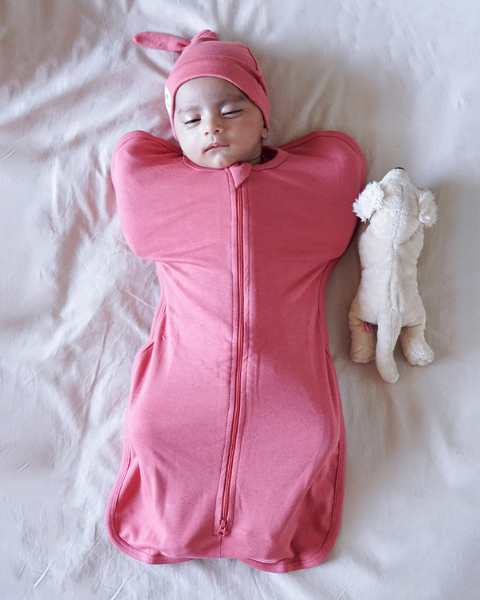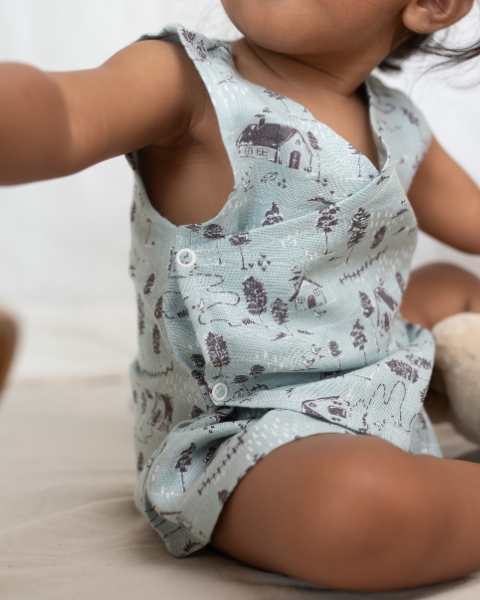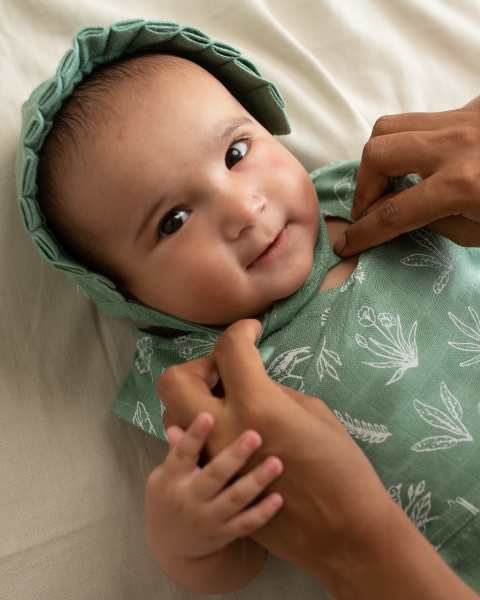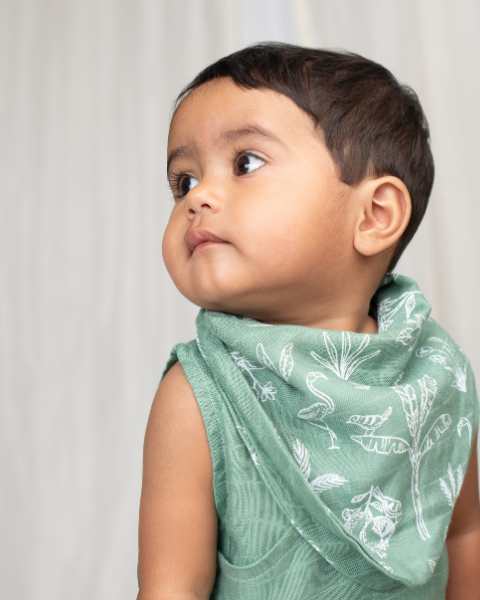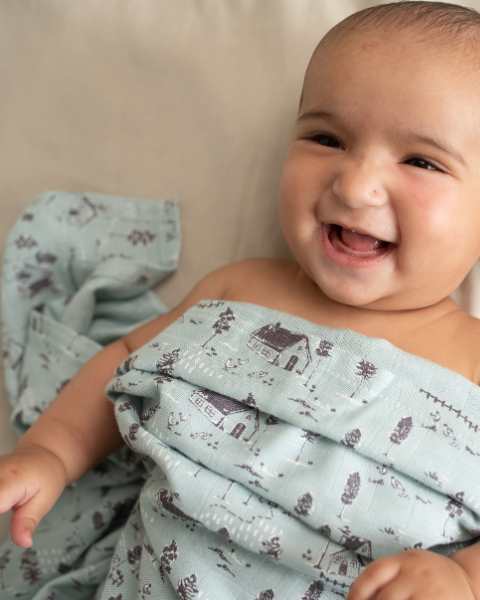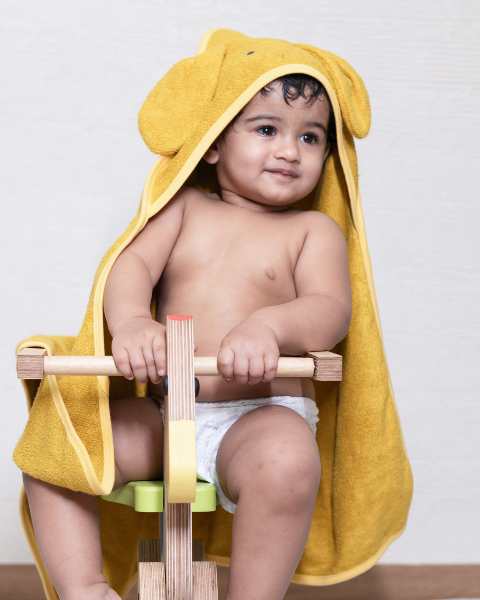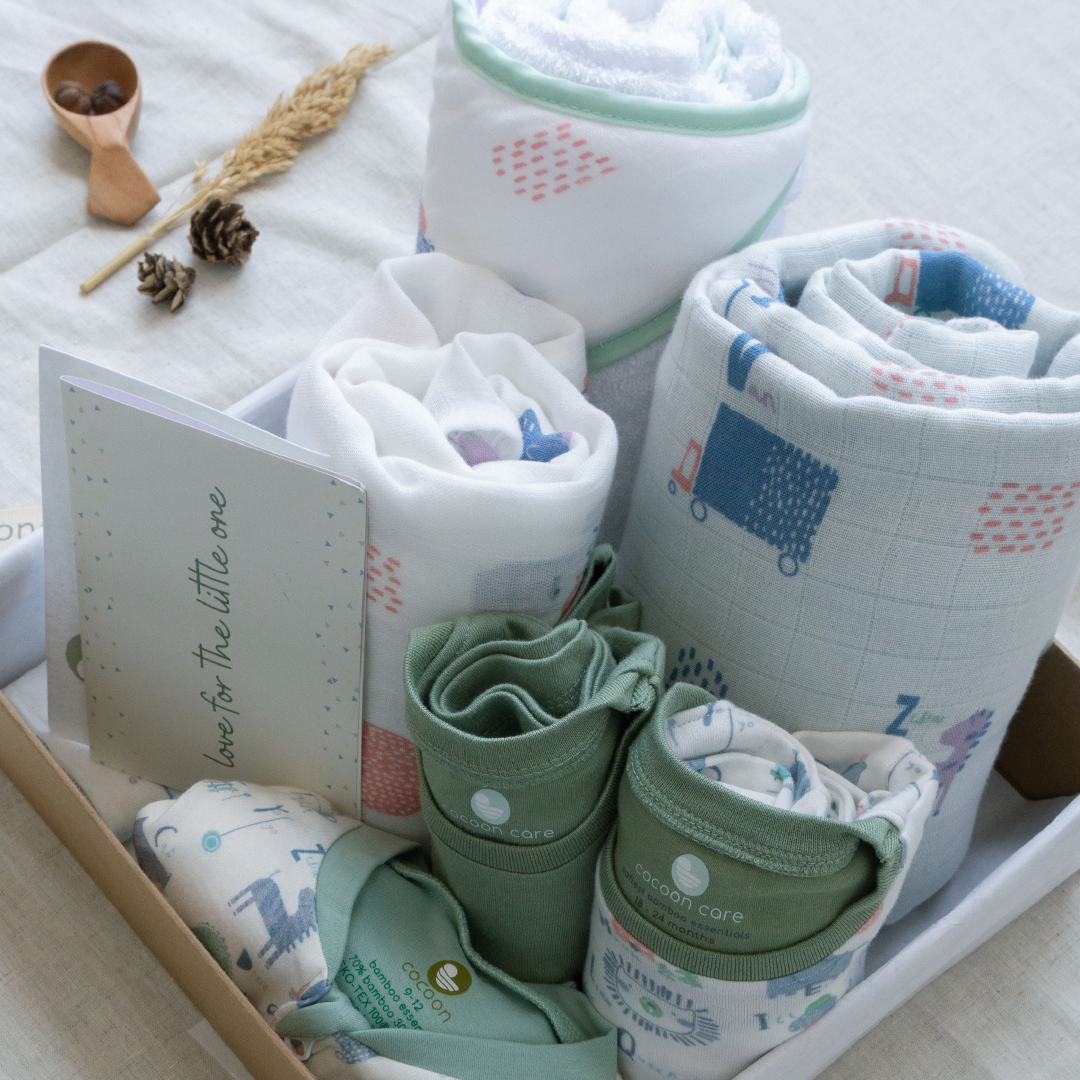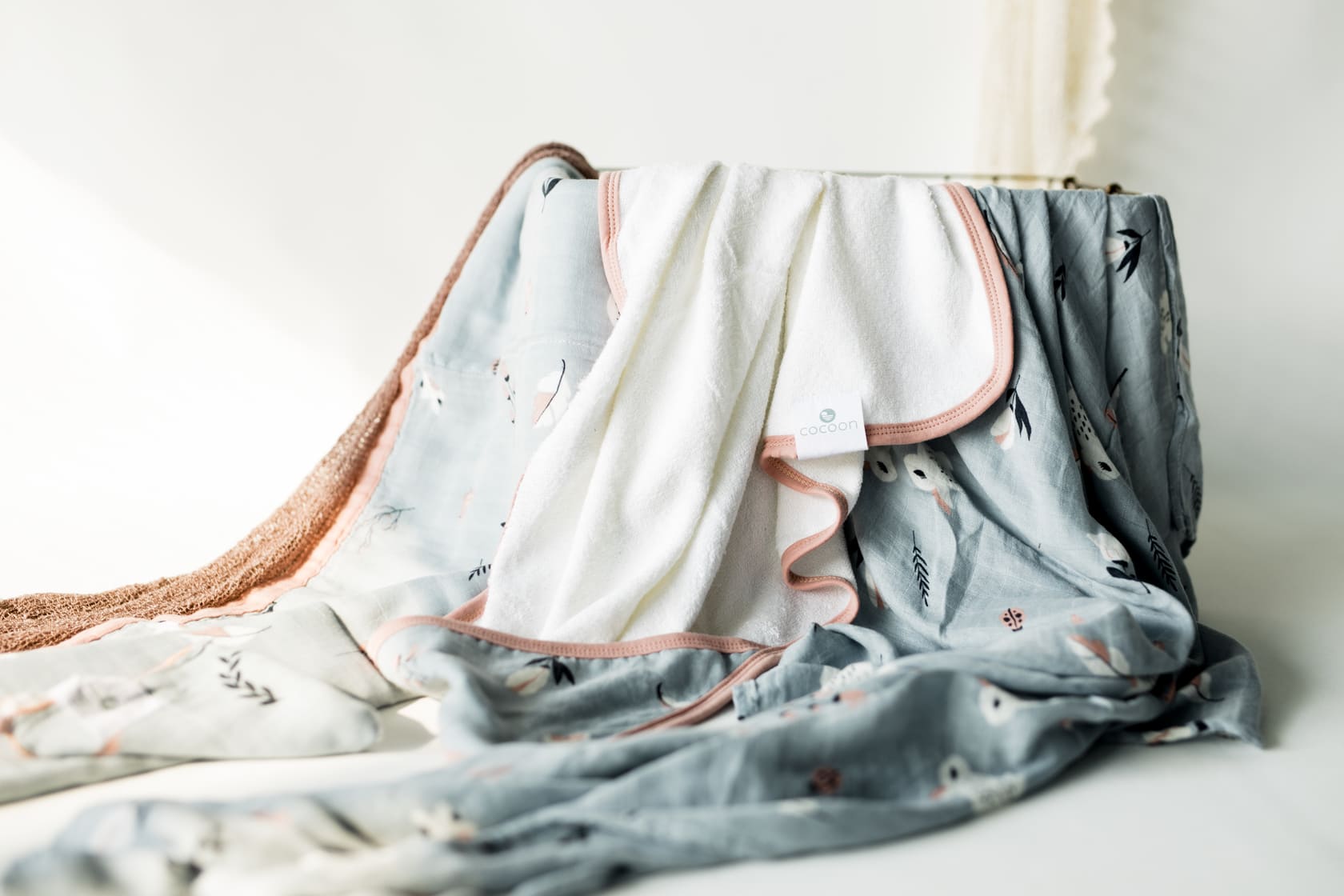Toddlers become unsuspecting children, who in turn become oblivious teenagers, and finally, they transform into disinterested adults. When I learned about this vicious cycle, my oldest daughter was twenty-something years old, and her habits had become deeply ingrained. Now, I wouldn't categorize these habits as strictly good or bad because their significance varies from person to person. To be honest, up until I had my second child a decade ago, I felt that my family lived a perfectly "normal" lifestyle.
So, what made me question the sustainability of my daughter’s upbringing and our way of life? Firstly, the term "sustainability" is thrown around carelessly. It's the buzzword of the century, but it won't truly prevail unless it's backed by actions, not just words. Returning to my hesitations, it was during the final day of Lord Ganesha’s celebration at our home when the realization struck. The next day, we were to immerse Lord Ganesha's idol in the water, a ritual performed alongside thousands of others on the beach. As we began removing Ganesha's jewelry, my son asked if this act would harm Ganesha or the fish in the water. I was stumped, both figuratively and literally.
We returned home, and the weight of my son's unanswered question hung over my head. I initially brushed it aside, but my son was on a mission. The next day, a Sunday, we decided to go out for breakfast. After a satisfying meal, my son inquired, "What happens to all the half-eaten dishes on everyone’s plate?" I was stumped once more. I couldn't simply explain that they were tossed and trashed. Then came more questions: "Why can't Papa walk to work but walks in the gym?" "Why does didi buy a newer and bigger phone every year?" "Why do we have two cars when we can all fit into one?" Worse yet, why does a child of his age polish shoes outside his school when we haven't even taught him how to do so?
After grappling with a series of these enlightening questions, I decided to delve deeper into our lifestyle. It turned out; we were not doing well. Our habits of convenience indirectly posed a threat to the environment in the long run. To change this, we had to start at home. We said no to disposable items like paper coffee cups, plastic cutlery, bottles, bags, cleaning cloths, gloves, etc. Instead, we opted for reusable options, such as travel mugs, wooden compostable cutlery, BPA-free bottles, cloth bags for grocery shopping, and microfiber cleaning cloths. These small changes could make a significant impact. Consider food packaging, for instance; the smaller the bag or box, the higher the cost and the more packaging waste. Individually wrapped tea bags are a classic example. Switching to loose tea in a refillable tin can address this issue.
We are teaching our kids through direct observation and participation in activities. Therefore, we need to support brands, companies, schools, offices, and homes that consciously promote an eco-friendly mindset and behavior. How can we take baby steps toward sustainability in at least one aspect of our lives?
Taking a metaphorical cue from our last line, babies are the best people to train and raise towards a certain way of life. We want to steer them toward a conscious and responsible lifestyle while also providing them with a healthy and safe environment. This brings us to our brand's unique selling proposition (USP) – sustainable, breathable, organic bamboo fabric apparel. Why apparel, you ask? When a baby is born, all they need to sustain themselves is mother's milk and a piece of swaddle cloth. While we can't influence the quality of the former, we aim to excel in the latter.
Unlike regular cotton, organic cotton is chemical-free and promotes sustainability by conserving water and energy during crop growth. Opting for ethically-grown materials ensures fabric longevity, especially when blended with organically-sourced bamboo fiber. Bamboo, one of the most eco-friendly and biodegradable fabrics on the planet, possesses the unique ability to regenerate itself. Thus, increased demand for this organic fabric doesn't contribute to deforestation but aids in combating greenhouse gases by enhancing photosynthesis in the atmosphere. So, apart from benefiting a mother with baby's skin-friendly advantages, our eco-friendly apparel range also takes responsibility for our "mother" - nature.
Let's use our consumer power to influence and revolutionize business strategies. Labels, packaging, and advertisements have been deceptive for decades, but now, as informed consumers, citizens, and Earth's residents, we are more aware than ever. If we are to be role models for future generations, we must leave them a place that requires preservation rather than drastic alteration




